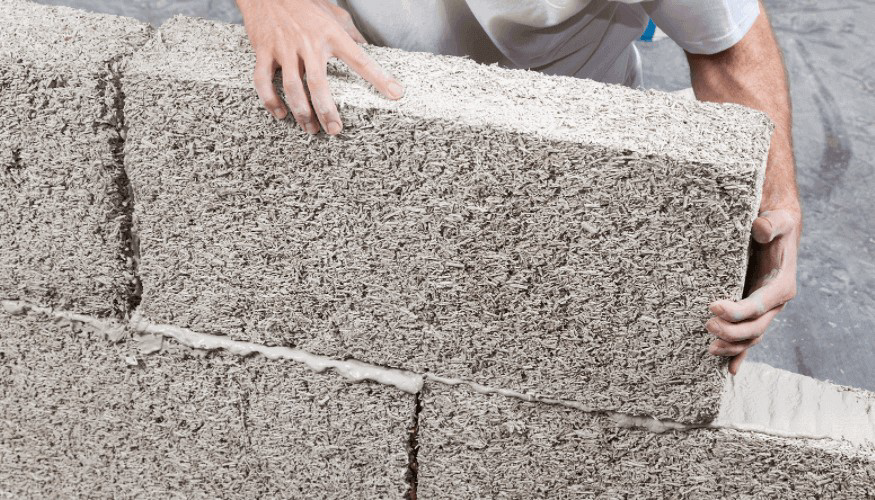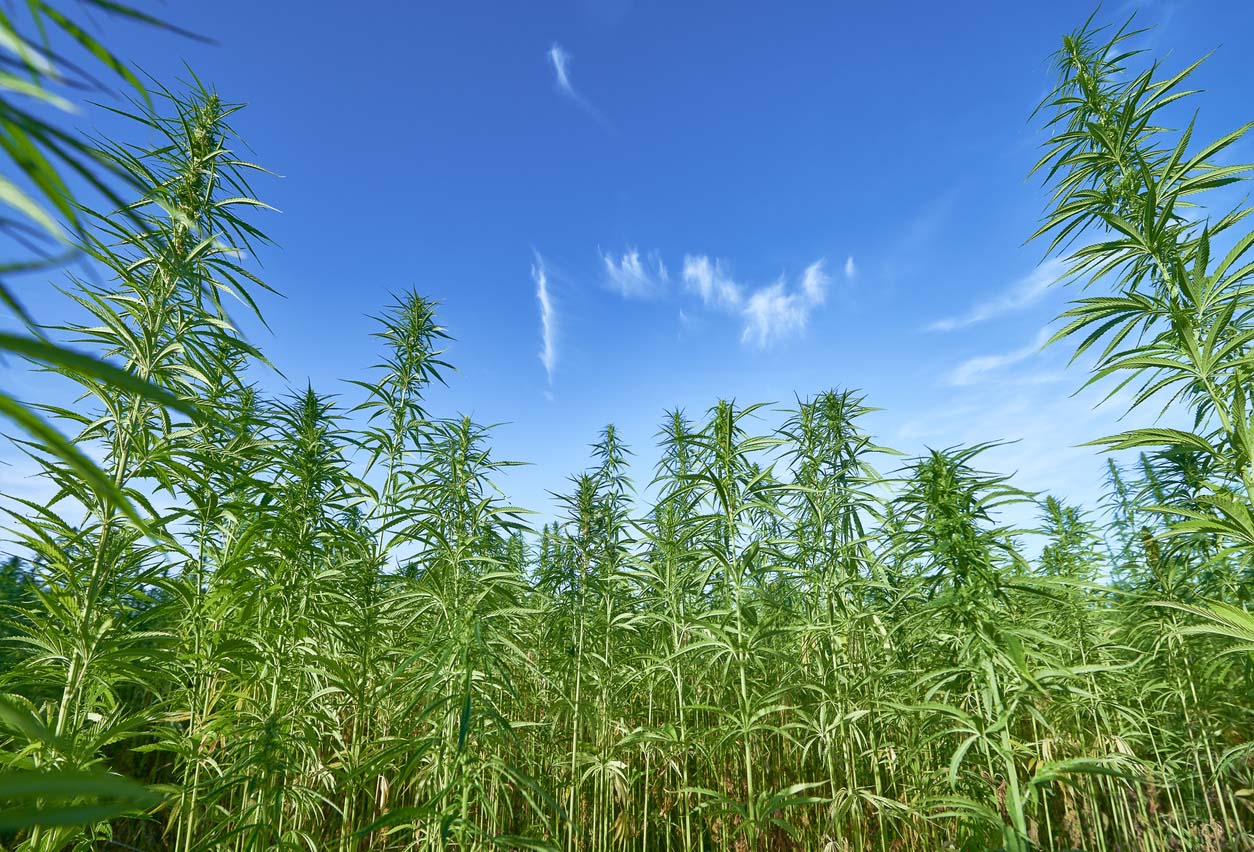
Join Hemp Nation One: Build Your Hemp Business with Experts
The hemp industry is booming, and more people are looking to establish successful businesses in this sector. However, starting a hemp business can be a daunting task filled with uncertainties, regulations, and market competition. To build a successful hemp business, you need the right support, guidance, and information. Hemp Nation One is a community of experts dedicated to helping entrepreneurs like you navigate the hemp industry and build sustainable businesses.
Whether you’re new to the hemp industry or have some experience, joining Hemp Nation One is a fantastic opportunity to learn from experienced professionals, access exclusive resources, and build a robust network of like-minded individuals. In this article, we’ll explore why you should join Hemp Nation One and how it can help you build a successful and ethical hemp business.
Discover the Hemp Industry with Experts and Build a Network
The hemp industry is complex, and it requires a deep understanding of the regulations, market trends, and product development. By joining Hemp Nation One, you’ll have access to experts in various fields, including farming, processing, marketing, and legal services. These experts have years of experience in the hemp industry and can provide valuable insights into building a successful business.
Additionally, you’ll have the opportunity to build a network of like-minded individuals who share your passion for the hemp industry. You’ll meet farmers, processors, distributors, and retailers who can help you grow your business and provide valuable information about the industry. Building a network is essential in any industry, and Hemp Nation One provides an excellent platform to connect with the right people.
Access Exclusive Resources and Training to Grow Your Business
Starting and growing a hemp business requires a range of resources and training. By joining Hemp Nation One, you’ll have access to exclusive resources, including market reports, business plans, and regulatory information. These resources are designed to provide you with the information you need to make informed decisions about your business.
Hemp Nation One also offers training programs designed to help you grow your business. These training programs cover various aspects of the hemp industry, including farming, processing, marketing, and sales. The training programs are led by experts in the industry, ensuring that you receive top-notch education.
Build Your Own Personal Brand and Get Support from Industry Leaders
Building your personal brand is essential in the hemp industry. By joining Hemp Nation One, you’ll have the opportunity to build your brand and establish yourself as a leader in the industry. You’ll also receive support from industry leaders who can help you with branding, marketing, and business development.
Industry leaders have years of experience in the hemp industry and can provide valuable insights into building a successful and ethical business. They can also connect you with the right people and resources to help you grow your business.
Tap into a Booming Market: Find Your Niche and Stand Out
The hemp industry is a booming market, and there are endless opportunities to establish successful businesses. However, to succeed in this market, you need to find your niche and stand out from the competition. By joining Hemp Nation One, you’ll have access to market reports and industry trends that can help you identify your niche and develop a unique value proposition.
Hemp Nation One can also help you stand out in the market by providing you with branding and marketing support. You’ll learn how to position your business effectively and reach your target customers.
Learn from Experienced Entrepreneurs and Avoid Common Pitfalls
Starting and running a hemp business can be challenging, and there are many common pitfalls that entrepreneurs face. By joining Hemp Nation One, you’ll have the opportunity to learn from experienced entrepreneurs who have faced similar challenges and successfully navigated them.
These entrepreneurs can provide valuable insights into building a successful and sustainable business. You’ll learn about best practices, common mistakes to avoid, and how to develop a robust business plan.
Build a Sustainable and Ethical Hemp Business with a Purpose
Sustainability and ethics are essential in the hemp industry. By joining Hemp Nation One, you’ll learn how to build a sustainable and ethical business that benefits both people and the planet. You’ll learn about sustainable farming practices, ethical processing methods, and how to create a positive impact in the community.
Hemp Nation One is committed to promoting sustainability and ethics in the hemp industry. By joining this community, you’ll be part of a movement that aims to create a better future for everyone.
Join a Community of Like-Minded People and Make a Positive Impact
Finally, joining Hemp Nation One is an opportunity to join a community of like-minded individuals who are passionate about the hemp industry. You’ll be part of a movement that aims to make a positive impact on people and the planet. You’ll have the opportunity to collaborate with others, share your experiences, and learn from each other.
The hemp industry has the potential to create significant social and environmental impact, and by joining Hemp Nation One, you’ll be part of this movement. You’ll have the opportunity to create a positive change in the world and build a successful business at the same time.
Join Hemp Nation One and Build Your Successful Hemp Business
Joining Hemp Nation One is an excellent opportunity to build a successful and sustainable hemp business. You’ll have access to experts, resources, and training programs designed to help you grow your business. You’ll also have the opportunity to build a network, establish your personal brand, and make a positive impact on people and the planet.
The hemp industry is a booming market, and there are endless opportunities to establish successful businesses. However, to succeed in this market, you need the right support, guidance, and information. By joining Hemp Nation One, you’ll have everything you need to build a successful and ethical hemp business.





